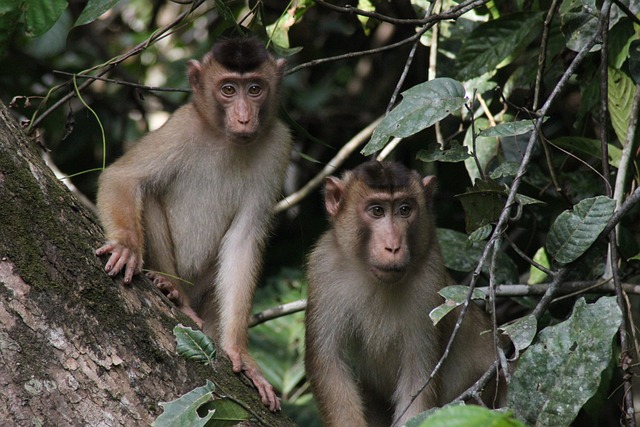Borneo is an island located in Southeast Asia. It is the third largest island in the world and is divided among three countries – Brunei, Malaysia, and Indonesia.
History
The history of Borneo can be traced back to 4000 years ago when indigenous tribes first settled on the island. These tribes were mostly hunter-gatherers and practiced animism.
In the 14th century, Borneo came under the influence of the Majapahit Empire from Java. Later on, European powers such as the Portuguese, Dutch, and British began to colonize parts of Borneo in the 16th century for its rich natural resources such as spices and minerals.
Natural Resources
Borneo is known for its rich natural resources, particularly oil and gas, timber, and palm oil. These industries have contributed greatly to the economic growth of the island but have also resulted in deforestation and environmental issues.
Additionally, Borneo is home to one of the oldest rainforests in the world, estimated to be around 140 million years old. This makes it a biodiversity hotspot with a vast array of flora and fauna, including endemic species.
Culture
The culture of Borneo is diverse due to the indigenous tribes that have inhabited the island for centuries. Each tribe has its own unique customs, traditions, and languages. However, with the arrival of colonists and traders from different parts of the world, Borneo’s culture has also been influenced by external factors.
One of the most well-known cultural aspects of Borneo is its traditional music and dance, which often incorporates elements of nature and daily activities. The diverse cuisine also reflects the island’s history and influences from various cultures.
Tourism
Borneo has become a popular tourist destination in recent years due to its stunning natural beauty, rich culture, and unique wildlife. Visitors can explore the lush rainforests and spot endangered species such as orangutans, proboscis monkeys, and pygmy elephants.
Other popular activities include diving and snorkeling in the crystal-clear waters surrounding Borneo’s islands, trekking to Mount Kinabalu – the highest peak in Southeast Asia, and visiting traditional longhouses to learn about the indigenous way of life. If you’re interested in visiting Borneo, check out the Ultimate Zip Borneo travel package.
Future
Despite facing environmental challenges, Borneo continues to thrive and develop. The three countries that share the island have formed an alliance to promote eco-tourism and sustainable development, ensuring the preservation of Borneo’s natural resources for future generations.
Additionally, initiatives such as reforestation projects and conservation efforts have been put in place to protect the island’s unique ecosystems. Borneo serves as a reminder of the delicate balance between economic growth and environmental preservation, and its future remains promising as long as these efforts continue. So, Borneo is not just an island with a rich history and culture, but also a symbol of hope for a sustainable future.
So, let’s all do our part in preserving this beautiful island for generations to come.
Conclusion
Borneo is more than just an island – it is a melting pot of history, culture, and natural beauty. Its past has been shaped by numerous influences, from indigenous tribes to European colonists, resulting in a diverse society and unique traditions.
However, the island’s future also holds great importance as it faces environmental challenges and strives for sustainable development. Borneo serves as a reminder of the delicate balance between economic growth and preserving natural resources for future generations to enjoy.
So whether you’re looking to explore its stunning landscapes, immerse yourself in the local culture, or contribute to its conservation efforts, Borneo has something for everyone. Plan your trip to this enchanting island and experience all that it has to offer.
